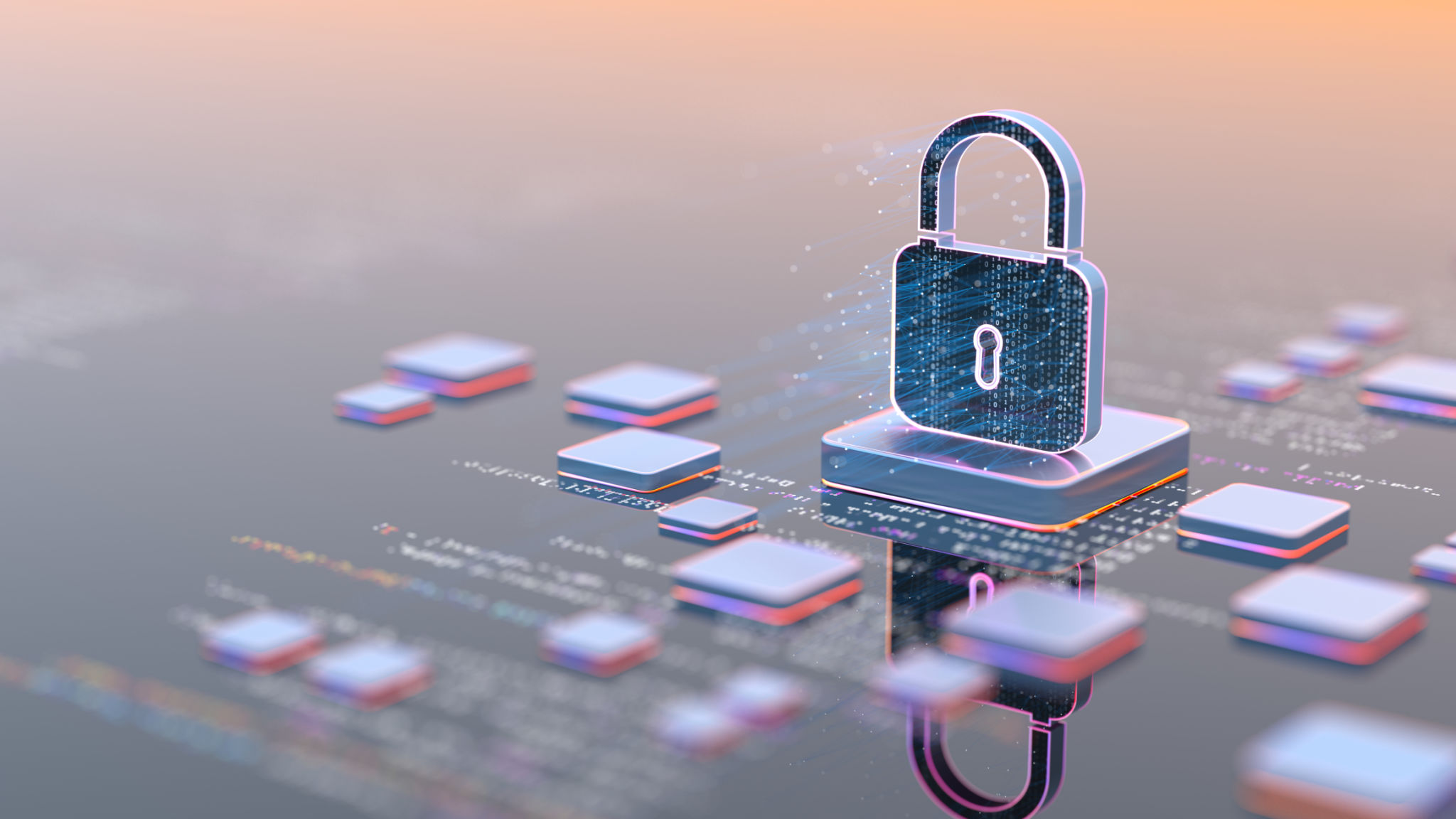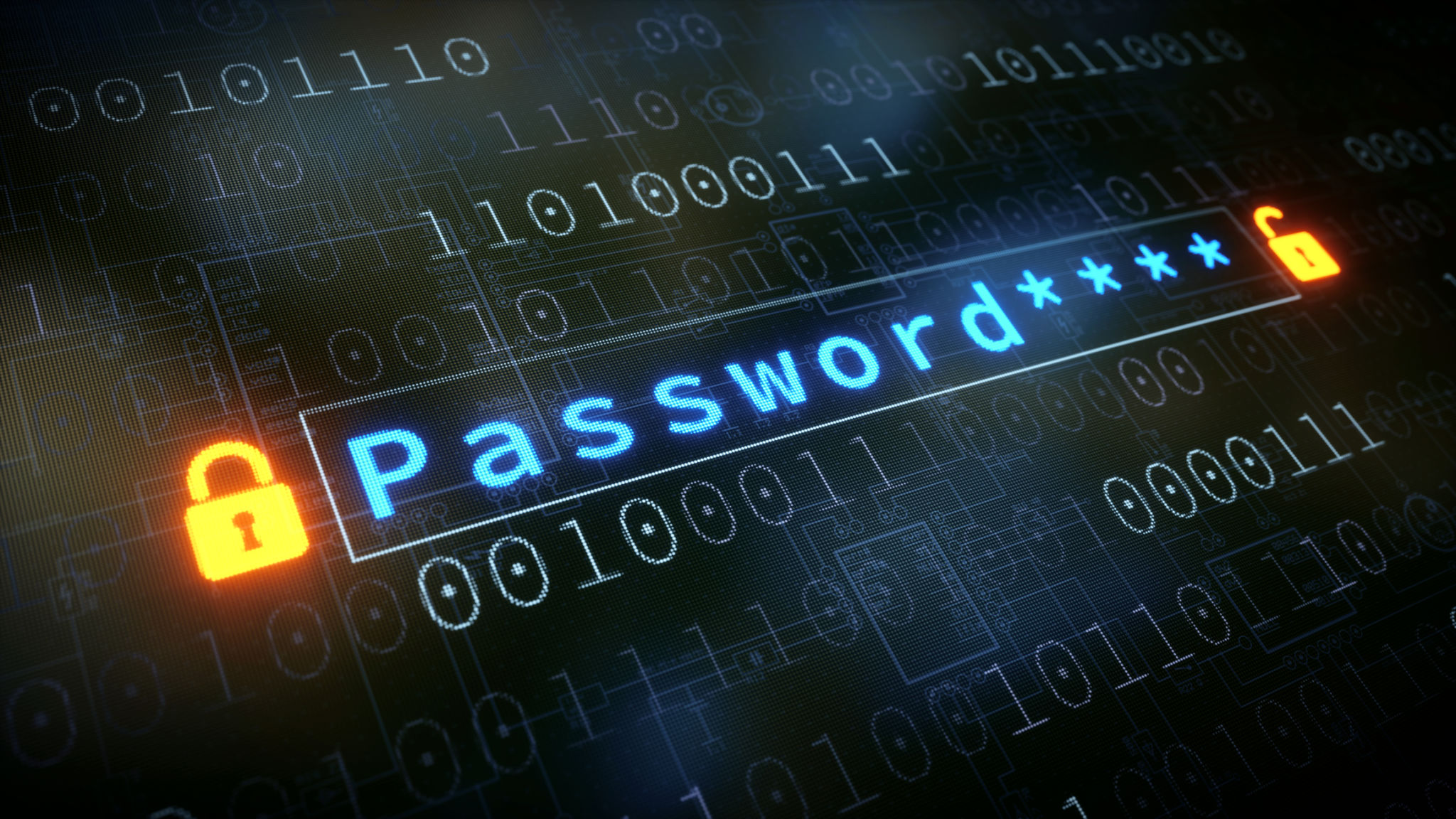10 Common Cyber Safety Myths Debunked by Experts
Understanding Cyber Safety
In today's digital age, ensuring cyber safety is more important than ever. However, various myths surrounding cyber safety can mislead internet users, preventing them from taking the necessary precautions. To help you navigate the digital world more securely, we've gathered insights from experts to debunk some of the most common cyber safety myths.

Myth 1: Antivirus Software Is Enough
Many people believe that having antivirus software installed on their computers is the only protection they need. Although antivirus programs are essential, they are not foolproof. Cybercriminals continuously develop new viruses and malware that can bypass these defenses. Experts recommend complementing antivirus software with a robust firewall, regular software updates, and safe browsing habits.
Myth 2: Strong Passwords Are Unbreakable
While strong passwords are crucial, they are not entirely unbreakable. Hackers use sophisticated methods like phishing and social engineering to gain access to accounts. To enhance your security, use two-factor authentication (2FA) wherever possible. This adds an extra layer of protection by requiring a second form of verification.

Myth 3: Public Wi-Fi Is Safe If It Requires a Password
Public Wi-Fi networks that require a password might seem secure, but they are not necessarily safe. These networks can be easily intercepted by cybercriminals using simple tools. To protect your data when using public Wi-Fi, use a Virtual Private Network (VPN). A VPN encrypts your internet connection, making it difficult for hackers to access your information.
Common Misconceptions
Myth 4: Cyber Attacks Only Happen to Big Companies
It's a common misconception that only large corporations are targets for cyber attacks. In reality, small businesses and individuals are often seen as easier targets due to their typically weaker security measures. Every user should prioritize cyber safety, regardless of the size of their business or online presence.

Myth 5: Deleted Files Are Gone Forever
Many users assume that once a file is deleted from their device, it is gone forever. However, deleted files can often be recovered using specialized software unless they are overwritten multiple times. To ensure sensitive data is completely erased, utilize secure file deletion tools that overwrite the data beyond recovery.
Myth 6: Macs Are Immune to Viruses
The belief that Macs are immune to viruses is outdated. Although Macs have strong built-in security features, they are not invulnerable. Malware targeting macOS has been on the rise, and users should implement additional security measures like installing reputable antivirus software and keeping their systems updated.

Dispelling More Myths
Myth 7: Incognito Mode Ensures Privacy
Using incognito mode in your browser does not make your online activities private; it merely prevents your browser from saving your history and cookies on your device. Your internet service provider (ISP), websites you visit, and network administrators can still track your online activities. For enhanced privacy, consider using privacy-focused browsers or VPNs.
Myth 8: Software Updates Are Not Important
Some users delay software updates, thinking they are unnecessary or time-consuming. However, updates often contain patches for security vulnerabilities that cybercriminals can exploit. Keeping your software up to date is critical for maintaining robust cybersecurity.

Myth 9: Social Media Privacy Settings Guarantee Security
While adjusting privacy settings on social media platforms can help protect your information, they do not guarantee complete security. Personal data can still be shared inadvertently through interactions with third-party apps or through social engineering attacks. Be cautious about the information you share and regularly review your privacy settings.
Myth 10: Cybersecurity Is Too Complex for the Average User
Many people feel overwhelmed by the complexities of cybersecurity, thinking it's only for IT professionals. However, understanding basic cybersecurity practices is within reach for everyone. Simple actions like creating strong passwords, being aware of phishing scams, and using 2FA can significantly enhance your security posture.
By debunking these common myths and implementing expert-recommended strategies, you can better protect yourself in the digital world. Stay informed and proactive to ensure your online safety.
